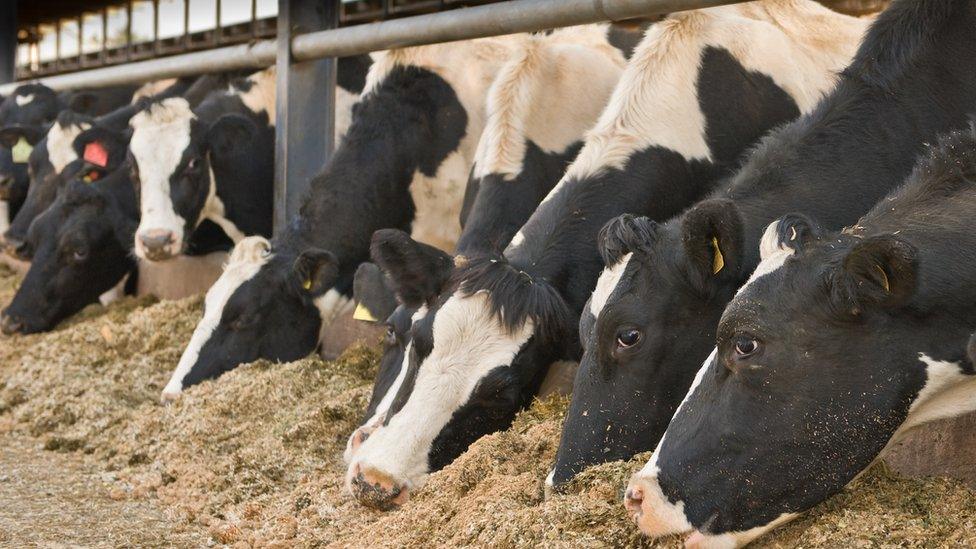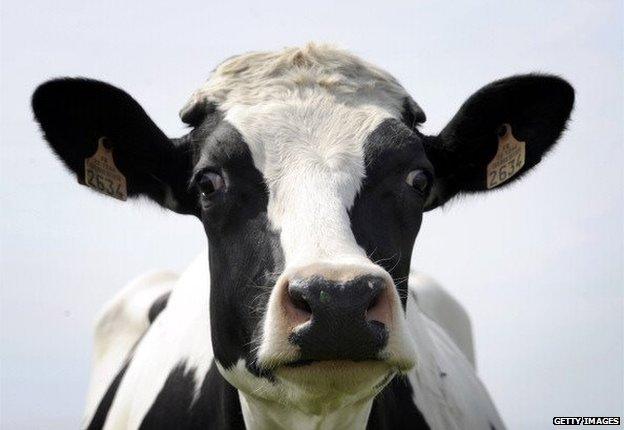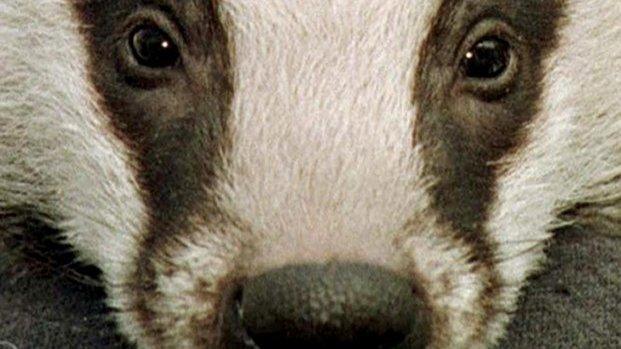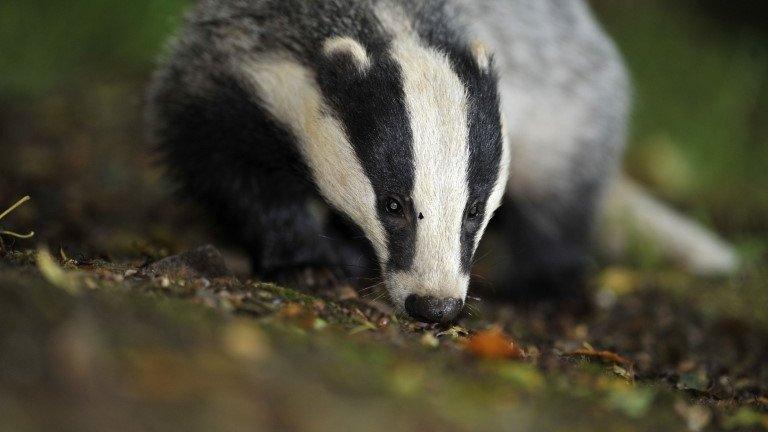Tuberculosis fraud 'tarnishing' Northern Ireland farmers
- Published

The extent of TB fraud here is unknown
A senior vet has warned that tuberculosis fraud is a "drain on the public purse" and risks tarnishing the reputation of the farming community.
Paddy McGuckian, a principal veterinary officer at the Department of Agriculture, was speaking after the first conviction of tuberculosis (TB) fraud in Northern Ireland.
The extent of TB fraud here is unknown.
Mr McGuckian said DAERA believes it is "frequent enough" to warrant further investigation.
On Monday, a County Tyrone farmer became the first person to be convicted of TB fraud in Northern Ireland.
Mark Girvan, 47, from Limehill Road in Pomeroy, was convicted at Dungannon Magistrates' Court of seven charges.
The charges include making a false representation at a TB test in respect of 14 cattle, trying to affect the results of a TB test, failing to present animals for TB testing, causing unnecessary suffering to 14 cattle, and failing to notify the department of the births of bovine animals.
He received a 12 month sentence suspended for two years and was fined £200.
He has been disqualified from keeping animals, except family pets for 10 years.

Bovine TB is one of the biggest animal health issues facing farmers in Northern Ireland
His son Anthony Girvan, of the same address, was also convicted of failing to present animals for TB testing and two charges of failing to notify the department of the births of bovine animals.
He was fined £450 plus £15 Offenders levy.
Devastating for farmers
Bovine TB is one of the biggest animal health issues facing farmers in Northern Ireland and is on the rise, with around one in ten herds testing positive.
The department estimates that it will spend around £40 million tackling the disease in 2017/2018.
A positive TB diagnosis can be devastating for farmers. As well as the financial loss of the infected cattle, the remaining herd is closed, leading to movement restrictions and limited opportunities to sell live animals.
Infected animals are slaughtered with the farmers compensated 100% of the market value.
'Decision for future Agricultural Minister'
Mr McGuckian said that the current rates are "not unfavourable" to farmers, and that the Department is currently considering changing compensation rates in future.
DAERA has proposed reducing the rate by ten percent in the first year, followed by a further fifteen percent in year two.
The proposal was one of a number put forward in a document by an independent panel in 2016, which was then put out to public consultation earlier this year.
But DAERA has said that any final decisions made as a result of that consultation will be for a future Agriculture Minister.
'False positives morally wrong'
The skin test used to identify Bovine TB involves a vet injecting Tuberculin antigens into the skin of the animal and returning within 72 hours to check for a reaction.
A false positive could be created by causing bruising to the skin of the animal in the injected area.
As well as calling it a "drain on the public purse", Mr McGuckian described the practice of TB fraud as "morally wrong".
He added that those involved in forcing false positives "tarnish the majority of the farming community, impact on programme costs, skew reported infraction levels, and negatively impact Bovine TB control".
- Published2 September 2014

- Published29 August 2014
